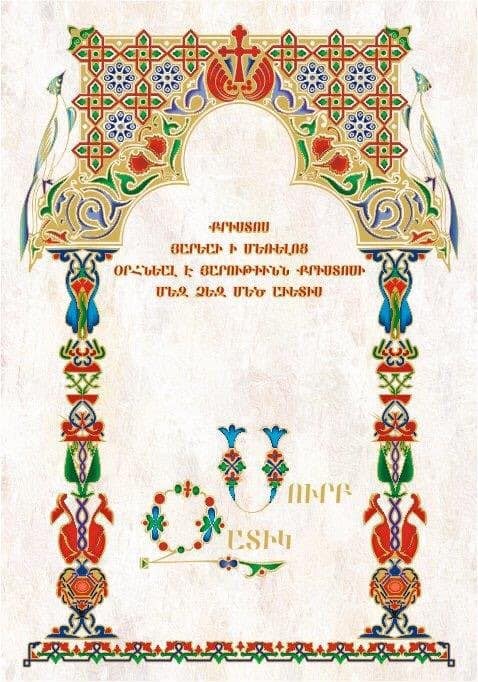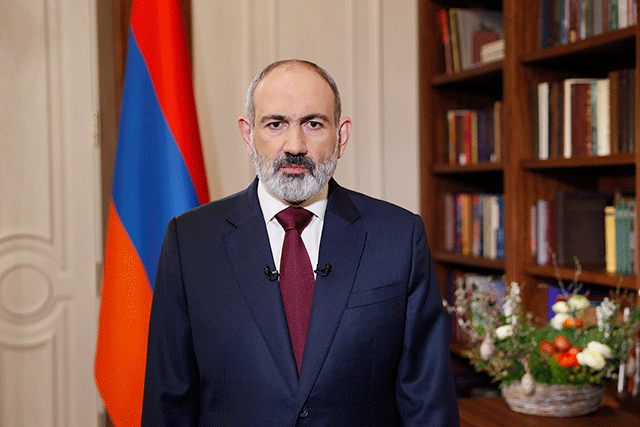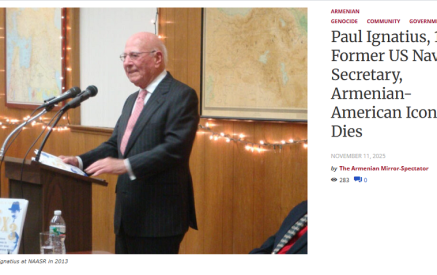The Easter message is the first message of the church. It’s where faith begins. The Gospel is “Jesus lives,” and that means we are to have life – not merely existence from day to day. All eternity is ours, the gift of the one who loves us beyond the power of words to tell.
The inevitability of death is a universal human experience. The one thing that all human beings know about their existence is that no one ever gets out of it alive! Easter is an affirmation of life after death, an assurance of eternal life with Christ and God. It is also a statement about the quality of life here on earth, an assurance of a better life here and now.
The Christian faith is concerned not with the mere immortality of the soul, not with reincarnation, but with the resurrection of the dead. As far as the New Testament is concerned, this means the raising of the whole person from the dead – not just the soul, but also the body. According to the Christian faith, eternal life is God’s gift, not an inherent attribute. Only those who accept that gift can possess it. That is a vital theological truth, opposed to the theory of a natural, immortal soul.
St. Paul, the greatest theologian of all time, believed that without Christ’s resurrection, there is no afterlife. He invoked two archetypal figures to illustrate the means by which human death and its opposite, eternal life, entered the world. Citing the Genesis account, Paul maintained that “the first man,” Adam (God’s first earthly son) brought death to the human race, but Christ (Adam’s “heavenly” counterpart) brings life. He wrote, “As in Adam all men die, so in Christ all will be brought to life” (I Corinthians 15:22).
Read also
Easter is the celebration of Christ’s resurrection. Undoubtedly, Easter is a unique historical event that affirms Jesus’ victory over death. That event, however, becomes real, relevant and meaningful to those who bind their lives with the triumphant Lord. Only after the encounter with the risen Lord, Easter receives a new meaning. That’s what happened to the disciples of Jesus. Although Christ rose from the dead on Sunday following his crucifixion, the disciples had a hard time at first believing in the news of his resurrection. It was not until each in turn had experienced, in their own way, the undeniable presence of the living Christ that they were convinced. Each had a so-called “eastering event” in their own life. John and Peter’s “eastering” happened when they saw the shroud-littered empty tomb of Jesus. Mary found her “eastering” event when Jesus spoke to her in the garden. The doubting Thomas had his “eastering” event when Jesus showed him the marks of his wounds.
Once the early followers of Jesus experienced the risen Lord in their lives, that little band of demoralized, fearful and scattered people, within a few weeks, fearlessly declared the Gospel of the risen Christ and began what became a successful challenge to the Roman Empire.
Today, people can also experience the “eastering” event of the new life in Christ if they accept him as Lord and Savior. Following that, a marvelous transformation will take place in their lives. That decisive encounter will give them a new perspective. It will fill their lives with peace, purpose and power. It will give them faith, hope and spiritual strength to push aside the stone of self-defeat. They will no longer be afraid of dying, nor will they be afraid of living. They will be able to declare with conviction: “Christ has risen from the dead!”
Rev. Dr. Vahan Tootikian
The Armenian Weekly




























































